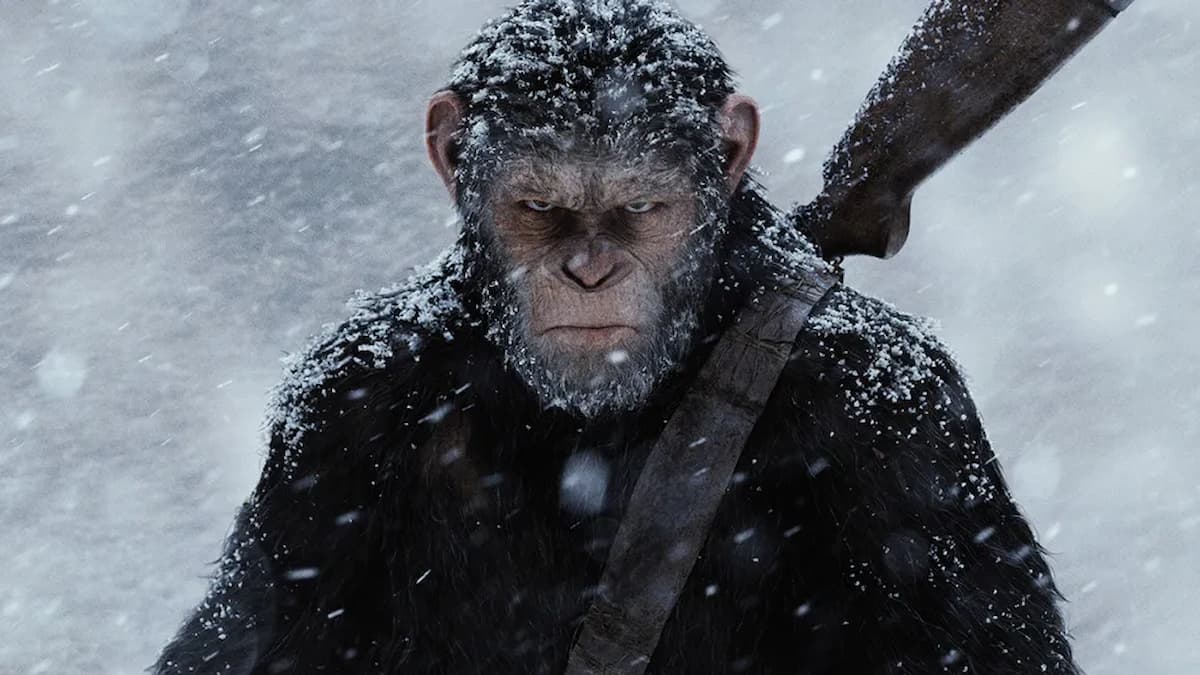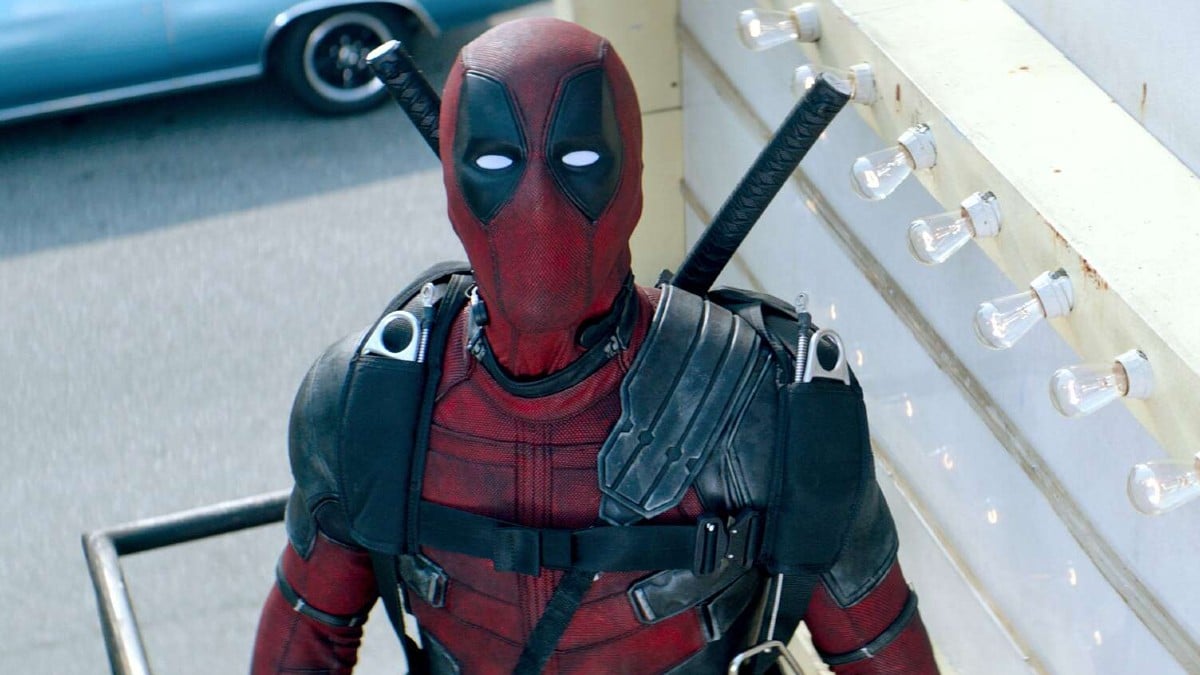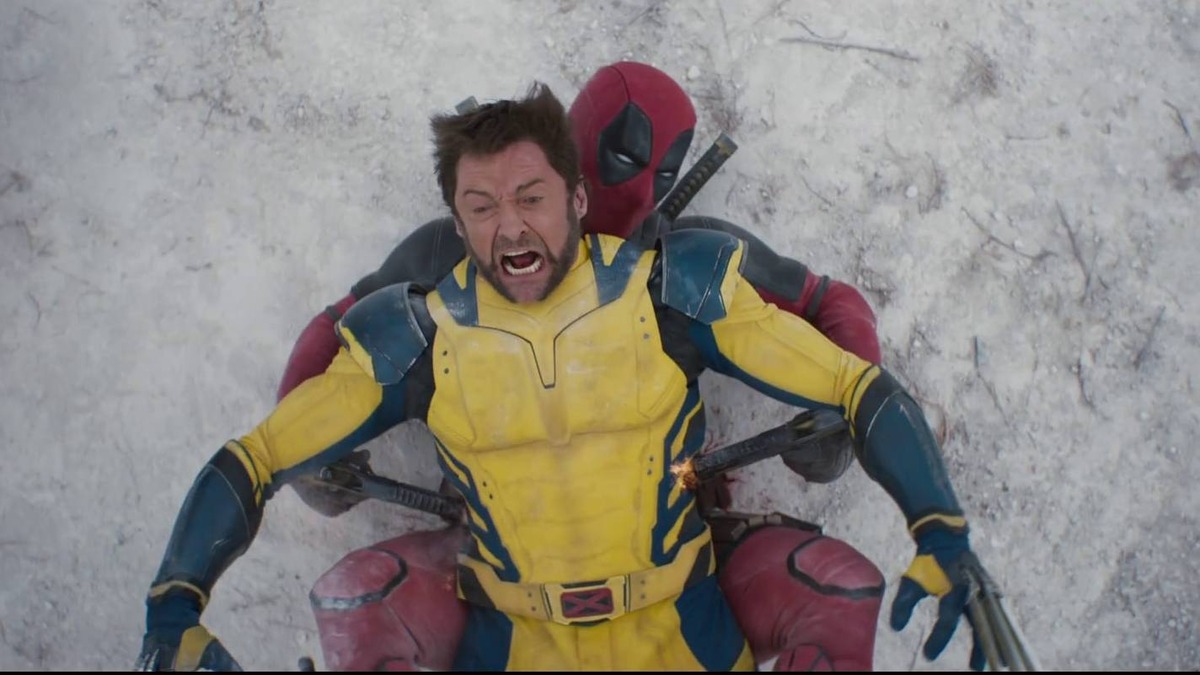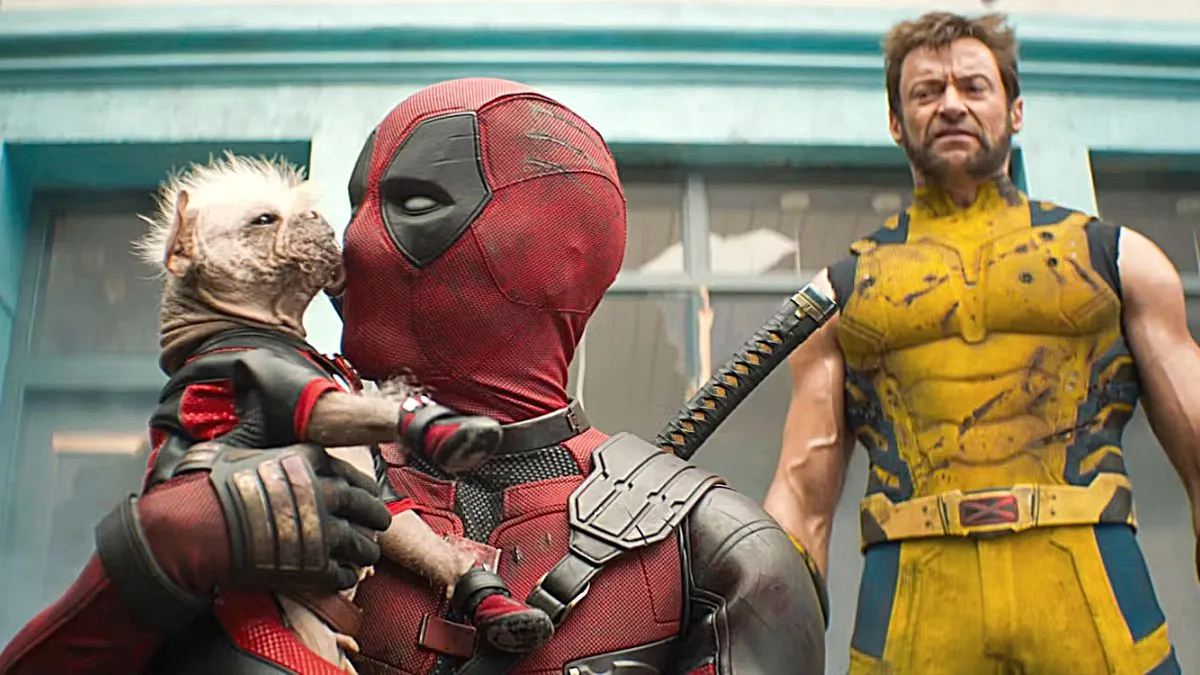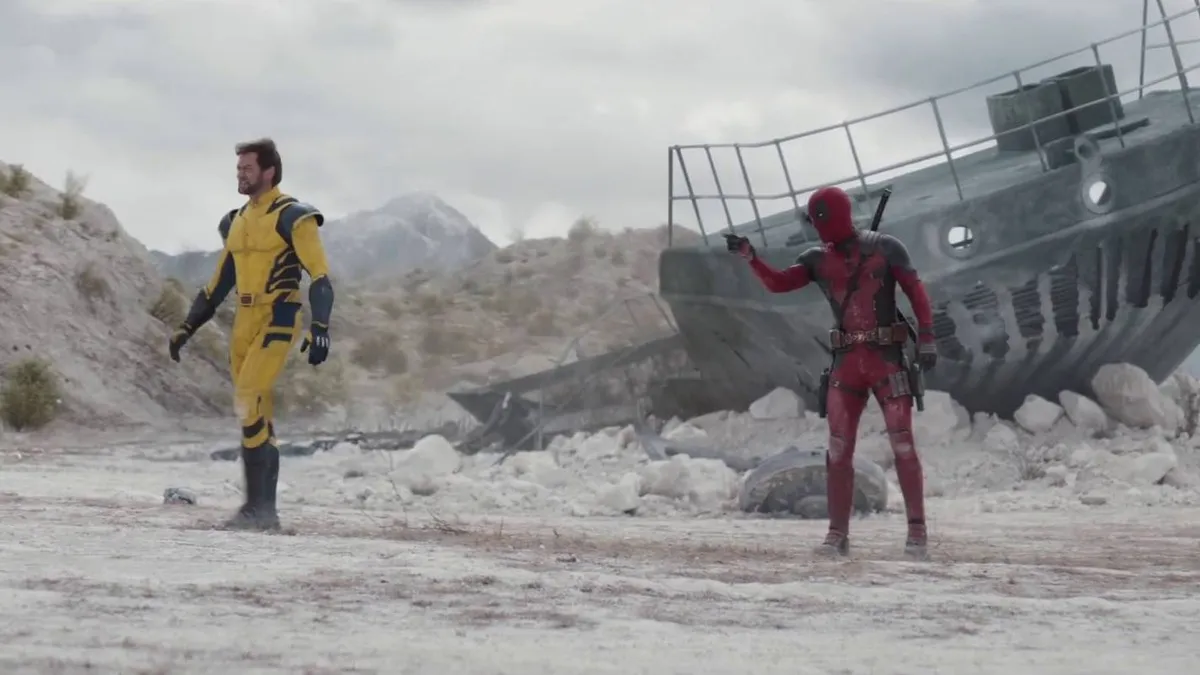
One of the biggest challenges for you with this documentary was that you were not allowed to record inside the courtroom and that you had to resort to doing re-creations. That was the first time you ever had to do that. How much of a challenge was that for you?
Joe Berlinger: Well, I think I had to get over my philosophical antipathy towards re-creations. I’ve never done them before. I think from a production standpoint we didn’t reinvent the wheel. I think they are fine and they look good. I don’t think it’s so special that it was from a production standpoint challenging. It was just I had to get over my cinema verite purist and my thing about re-creations because that was the only way to actually bring these things to life.
The one thing that I’m proud of is that I actually got the U.S. attorneys and the defense attorneys to recreate their own voices. We cut the sequences down and I went through the trial transcripts because obviously we had to edit. We only got a taste of the respective trial moments. So I cut it down to what I thought was the scene and then had these guys read themselves because we weren’t allowed to do that at the trial. No recording means no recording, no audio, no picture, so all of that voicing was done afterwards. So to me it’s a little detail, but it lends the re-creation some level of cinema verite authenticity because it’s those actual people. On the other hand, you could argue that that’s horseshit and that it’s all re-created and whatever, but there was no other way of doing the trial.
It put a burden on the film. Trial sequences are inherently dramatic, and there was a limit of how many re-creations and transcripts you could use. It forced the film to be told via a lot of talking head interviews. In fact, this is the most talking head heavy film I’ve ever done. We tried to make the courthouse a character by doing all those aerials, and also we tried to not do all of the interviews as sit down interviews but rather in the vehicles like riding along with people. It was kind of like the police ride along motif. It just felt like 30 years of history was converging on this one place so let’s make the courthouse a character and let’s make the journey to the courthouse part of the storytelling. Not brilliant, but that was my solution.
You’ve done a lot of documentaries that deal with the justice system. Has your view of the criminal system changed or evolved over the course of making all those films?
Joe Berlinger: What separates us from other countries in theory is the belief in our personal liberty, the sanctity of our liberty to sound cliché. But that is ultimately what America was founded upon and what we believe in; to pursue our lives as we see fit. To have freedom, that’s what it is to be American. The criminal justice system has a unique power to take that away, and often it’s deserved, but we as citizens need to consciously be aware and focus on when the system runs off the rails, when wrongful convictions happen, when prosecutorial misconduct happens, when the FBI decides we’re going to look the other way and let those people lose their life and liberty because we’re focusing on these guys. I don’t think it’s the business of government to be making those decisions for our citizens, because this is what makes us American.
So my view of the criminal justice system in its ideal form when justice is truly blind and it’s administered fairly, it’s a great system that mirrors what our founding fathers envisioned. But its run by human beings, therefore it’s subject to all the flaws of the human character. I feel like it’s the role of journalists and citizens to be aware of when the system runs off the rails and to point it out. That’s kind of what I’ve made a specialty of in my filmmaking endeavors, and when I get really depressed and had it, then I go make a music film (laughs). So my career has been punctuated every now and then with a music film, but generally speaking all of my films involve the justice system.
Was that one of the reasons why you made the Metallica documentary Some Kind Of Monster, to get away from the justice system for a bit?
Joe Berlinger: Yes. It was time to go off and do something else. Music and murder, those seem to be my two things.
When this trial started, it was pretty much a foregone conclusion that Bulger was going to be found guilty. There was really no way he could stay out of prison forever.
Joe Berlinger: Exactly. They only had to prove two predicate acts of the 32 count indictment, and the threshold was quite low. So my disappointment in the trial is that it was not the full accounting of what made Bulger possible that I think everyone was expecting. That’s because certain witnesses were not allowed to be called. He should have been allowed to call all witnesses, whoever he wanted to call, and he was not allowed to call any Department of Justice officials for example, and I think he should have been allowed to present whatever defense he wanted to because I think that would have allowed a deeper exploration into the questions that swirl around this case and give these families of victims such unrest. They don’t truly know why and how Bulger was allowed to rein in such a way that resulted in the deaths of their loved ones.
Do you think that there will ever be a chance in one way or another to get to the truth about Bulger and his involvement with the FBI?
Joe Berlinger: I’m not sure. That’s one of the troubling things about this story. It’s why I kind of give one of the last words to Kevin Weeks who on the stand said, “Hey, I’m a criminal. I’ve been lying all my life.” And so the guy who claims to be lying all his life, I think, has the wisest thing to say, which is nobody is going to know the truth until everyone starts telling the truth. Everyone tells the version that best enhances their position in this, and until people start telling the truth, the truth is going to be unknowable. I think that’s one of the tragedies of this case.
That concludes our interview, but we’d like to thank Joe Berlinger very much for his time. Be sure to catch Whitey: United States of America v. James J. Bulger as it’s now playing in theatres!

